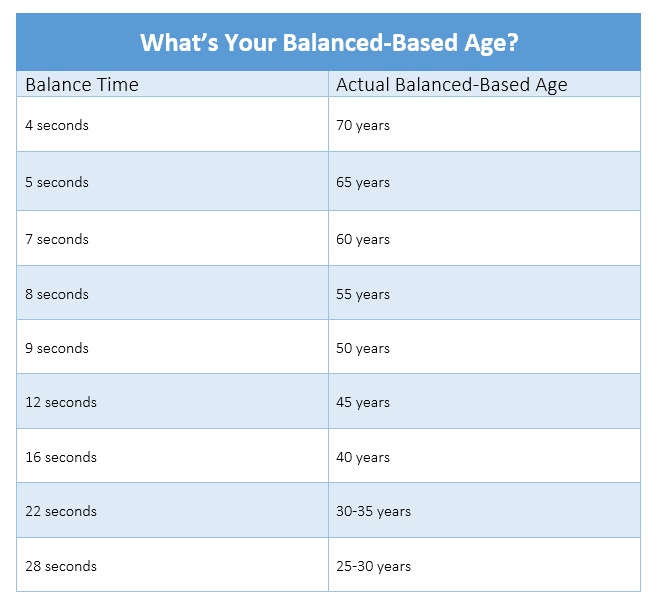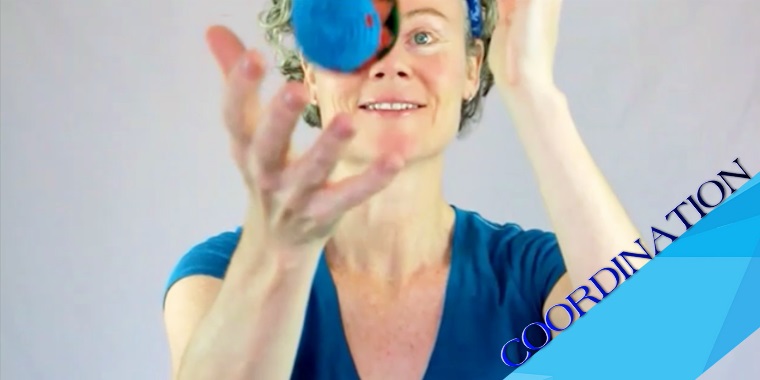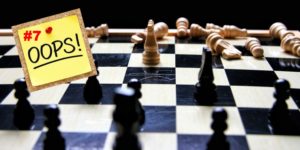Most people don’t spend any time thinking about their balance until it’s too late – when they actually start swaying when they walk; or worse, fall down and injure themselves. But balance isn’t just a concern for the elderly who are more prone to falls. Balance training is important for anyone who wants to age well, avoid future falls, improve athletic ability, coordination, stamina and overall fitness and health.
If you haven’t thought much about maintaining – or improving – your balance, now is a good time to start. Balance is a component of health that you should never overlook. Without it, all of the weight training and exercise in the world won’t help you.
Free Posture Crash Course!
Discover the crazy, simple 3-step formula that will teach you how to improve your posture and flexibility like a pro. You will learn how to hardwire the habit of good posture, reduce forward head and the secret way to stop slouching. It's 100% free!
In order to stay upright, constant communication occurs between your brain, eyes, ears and the nerve endings in your muscles.
As children, we develop balance, climbing trees, walking and running on unsteady surfaces, playing sports, games etc. As adults, we seldom think about balance and rarely practice it. When was the last time you climbed a jungle gym, walked over a log or tried to balance on one leg while brushing your teeth?!
Our vision works in tandem with the inner ear to maintain balance. If you take vision out of the equation altogether – by closing your eyes – it’s harder to balance because visual cues from our eyes give us information about where we are in space.
Inside the inner ear is a fluid-filled tube called the semi-circular canal and the movement of fluid within this canal alerts your central nervous system as to the position of your head.
So how is your balance? Let’s find out …
The 30-second balance test
Ideally, find a partner to time you, because your eyes will be closed. It’s also a good idea to have someone close by in case you fall.
- Stand barefoot on a hard floor. Now close your eyes.
- Bend one knee and lift the foot – if you’re left-handed, stand on your left leg and lift the right foot just 6″ off the floor; do the opposite if you’re right-handed.
- Ask the person helping you to time how long you can hold that position without wobbling or opening your eyes. Use the timer on your phone.
- Repeat the test 3 times, and then add up your total time and use the average. (For example, if test 1 was 4 seconds, test 2 was 6 seconds, and test 3 was 8 seconds, you’d add up 4+6+8 to get 18. Divide by 3, and your average balance time is 6 seconds.)

It isn’t surprising to see that the number of seconds decreases with age. In the 30-35 year group, for example, the average eyes-closed balance time is 22 seconds. For 50-year-olds, it’s 9 seconds, and 70-year-olds just 4 seconds. That’s because…
Balance declines with age
As we get older, our eyesight tends to diminish. This normal change in the eye’s focusing ability is likely the first step affecting our balance. Our muscles also age, and this atrophy (shrinkage) of muscle tissue makes reaction times slower. But there’s good news, because…
You can improve balance at any age
17 trials involving 4305 participants concluded that regularly engaging in well-designed balance exercise programs, even in the very old and frail, proved to be effective for fall prevention, and there is now ample evidence that this type of program improves balance ability.1
Try this
Practice balancing on one leg every day and several times a day. Brush your teeth on one leg first thing in the morning. Wash your hands at work, balancing on one leg. Wash the dishes on one leg (but please don’t break the dishes). Blow dry your hair balancing on one leg, and have family competitions if you have little ones – who can balance the longest?
Don’t wait until you notice that you are starting to sway when you walk. Trust me when I say this – if you are over 50, it’s coming. Sigh … isn’t aging fun?!
References
- El-Khoury, Fabienne, et al. “The effect of fall prevention exercise programmes on fall incused injuries in community dwelling older adults: systematic review and meta-analysis of randomized controlled trials.” British Medical Journal. 29 October 2013; 347:f6234. Web. http://www.bmj.com/content/347/bmj.f6234





2 thoughts on “Lost Your Balance? Try Motor Skills Juggling | Posture Doctor”
Excellent routine in this video. Thanks…
So glad you like the motor skills training – was a fun video to make – balls flying all over the place!
Paula